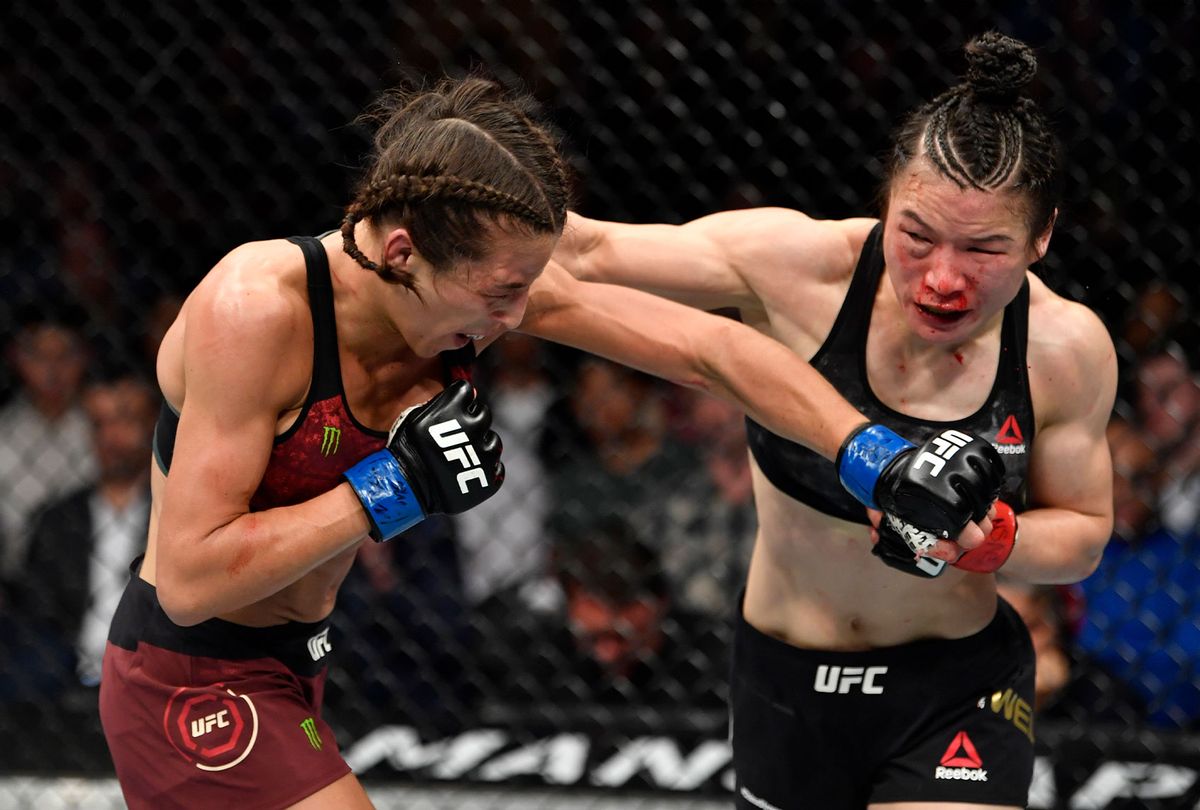
Females face many barriers in the sport. Women have never been allowed to participate or compete at the highest level in professional sports leagues. Women were considered too fragile to be able to participate in high-impact sport and were too busy caring for the family. Teaching, secretarial and crossing guard were the only options for women in sport.
Less opportunities
Female high school athletes often have less opportunities than their male counterparts. This is often due to the stigma that female athletes face. This stigma is not restricted to specific geographical areas or conferences. It can also refer to the fact that girls from low-income families often lack the resources and opportunities for sport.
Media attention is less
Despite the fact that women athletes make up more of professional athletes than their male counterparts, they still get less media attention than their male counterparts. Despite the fact that female athletes are just as hardworking as their male counterparts, this is still a significant problem. Female sports are generally less covered than male sports. Media attention is more focused on talent and appearance than on individual achievement and team performance.
Less expectations
A variety of factors may influence women's participation. Female athletes are likely not to be allowed into sports that are dominated by their gender. These differences could be due to biological differences, or differential socialization between boys and girls.
Transgender females participate in sports
Transgender women have been banned from participating in recreational sports since the IOC introduced trans policies almost two decades ago. However, transgender women suffer disproportionate amounts discrimination and harassment. Attempts to ban them are not only dangerous and transphobic but also harmful to their cause.
Title IX
Title IX is a federal statute that protects women’s rights in sports. Women from historically marginalized communities have not received the benefits of Title IX as well as they should. According to a study by the Women's Sports Foundation, girls in predominantly minority schools have access to only 67% of athletic opportunities, compared to 82% of girls in predominantly white schools.
Flo advocates for female athletes
Flo McLean was seventh in a family of 11. She grew-up in Los Angeles. From an early age, she was told that she must move quickly to achieve what she desired. She moved to Watts with her mother after her parents divorced. Watts is a poor and over-policed area. She came across the Sugar Ray Robinson Youth Foundation that offered opportunities for local youth.